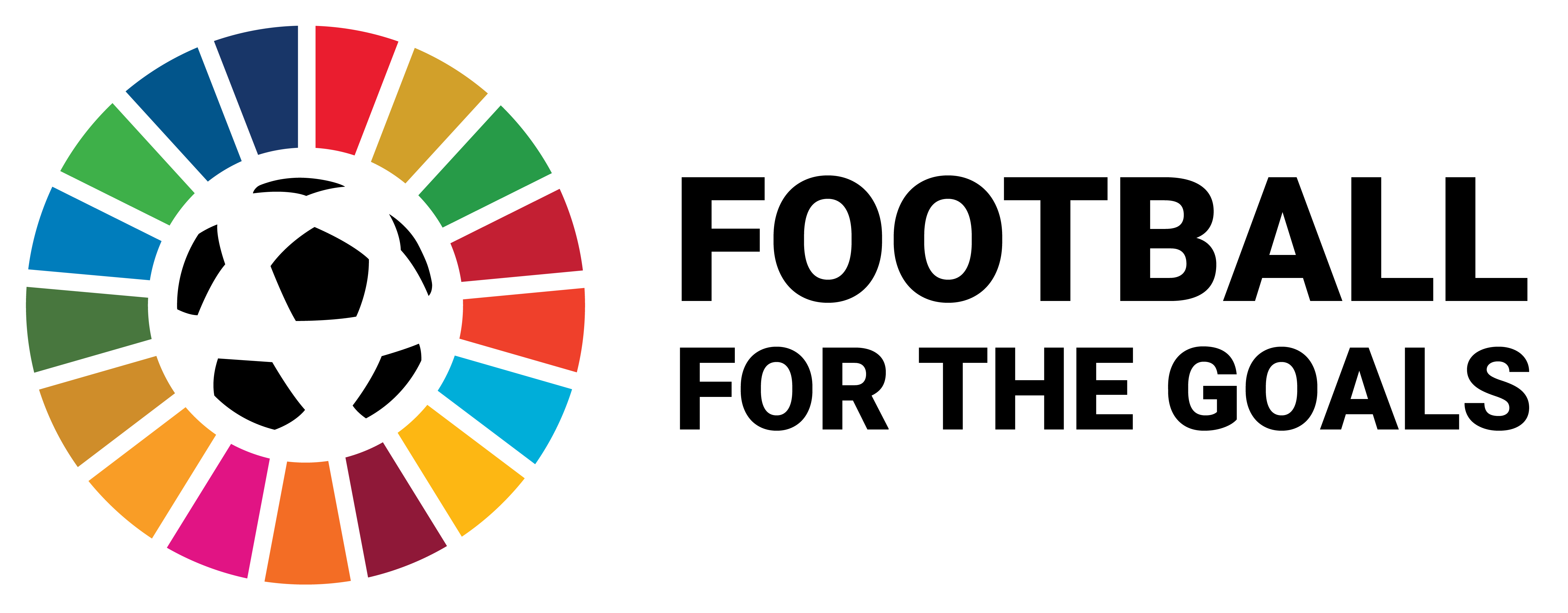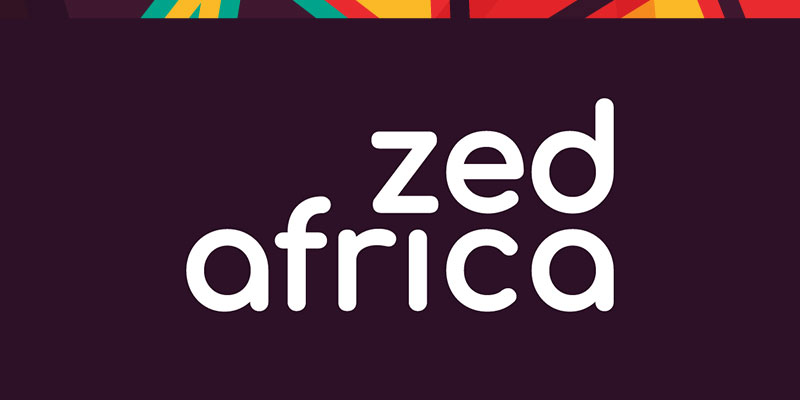
For the longest time, we have been talking about improving football in Africa. However, nothing much seems to have happened. If anything, it always looks like we are regressing or, at best, staggering, judging by our performances at international competitions and our governance record. It is easy to look at these two aspects of the football industry and conclude how badly we are doing as a continent. However, as a continent, we are yet to take an in-depth look at the whole football ecosystem to identify challenges and opportunities therein.
Enhancing Africa’s Football Ecosystem
A recent report by the Africa Sports and Creative Institute (ASCI) titled “The Sports Ecosystem in Africa – A Potential Economic Lever” identified six areas that we need to address to build a robust sports industry in Africa:
- Data and information on the market, the various ecosystem stakeholders and their performance – infrastructure/governance
- Training of students and professionals on the challenges (and opportunities) in the sports industry – education
- The leadership of public authorities and institutions – governance
- Business environment – governance/education
- Perception of Sports as a commercial product designed to satisfy fans – education
- Innovation to adapt to this new era – infrastructure/education
Much of what ails the sports industry in Africa is epitomised and even magnified in football, the continent’s and indeed the world’s most popular sport. Despite Africa finding pride in producing some of the game’s best talents for so many years, we have little to show in terms of the economic contribution of the sport. A Harvard Kennedy School paper in 2017 estimated that all Africa’s football clubs combined have a turnover below US$400m (Europe’s top 10 clubs all make more individually).
Subscribe to our YouTube to be notified when we go LIVE!
Data and Information
Further, financial data is almost entirely inaccessible for many African clubs, leagues and national associations/federations, making it impossible to assess the total economic value of the game on the continent. We can attribute this lack of data/information on the industry to the casual approach the continent has had towards sports. Historically treated as a pass-time/leisure activity, little investment has been channelled into setting up systems to explore social and economic benefits on the continent. Further, in austerity, funding for sports programmes is often the first to be cut, as evidenced by the lack of community sports infrastructure development in the last 40 years.
To remedy this situation, Africa must invest heavily in developing human capital for the sports industry. The continent needs to create, streamline and regulate sports management programmes for both current and future practitioners. There are very few sports management courses available on the continent. Also, what we have is still more inclined towards physical education (PE) and not management and administration, which is vital for the smooth-running and growth of the sector. Most aspiring sports management professionals usually have to attend programmes abroad. These programmes are often expensive and not tailored to the African market. As a result, graduates often opt to stay abroad where their acquired knowledge is applicable, and the quality of opportunities is much higher.
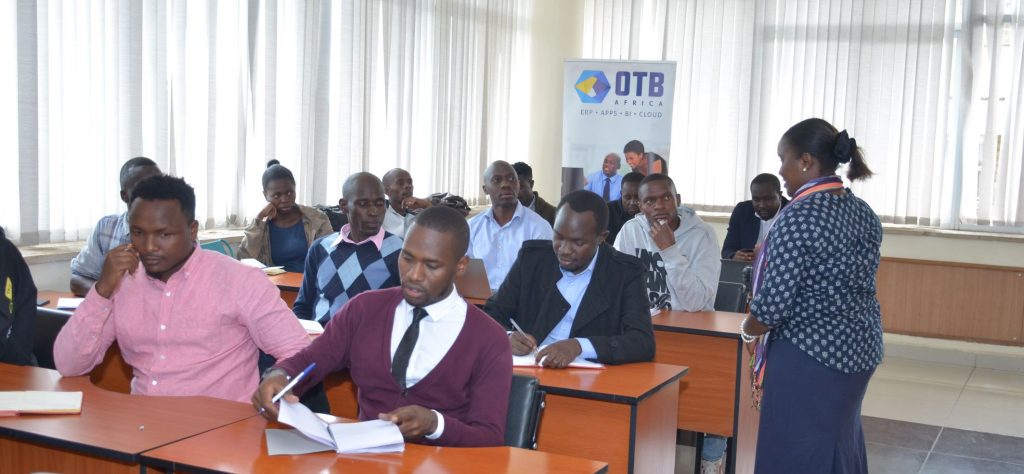
Values-based Leadership Workshop for Footballers – Obama Cup 2020 at Strathmore University
Education and Research
Another vital facet of education is research. Currently, there are no known think tanks for sports development on the continent. Our rich history in football, for example, is poorly documented and not easily accessible. As a result, we can say that our industry is driven by talent and passion, which cannot be fully exploited due to limited knowledge. Africa thus needs to invest in knowledge creation and dissemination systems to benefit from its natural endowments.
By investing in the education of students and professionals in sports management and further giving them opportunities in established institutions such as our national associations, we can begin to transform the ecosystem to contribute to the economic and social development of the continent. The continent needs a new crop of leaders who can position the sports industry for investment from governments (local, national and supra-national) and the growing private sector, creating the right business environment.
Governance
However, more is required to achieve a business-friendly environment, especially regarding governance and various public institutions’ roles in developing the industry. A crucial area that needs improvement is the involvement of the government in the running of football. Local, national and supra-national (AU) governments need to play a more significant role, a departure from years past when football development was the preserve of National Associations (and FIFA, CAF).
Already we see excellent collaborations in countries like Benin. FIFA, Benin Football Federation, and Ministries of Education and Sports are developing programmes and infrastructure for sports. We can replicate this kind of work in other countries through Pan-African collaboration supported by bodies like the African Union Sport Council and its regional chapters and the regional football organisations. These organisations must work together seamlessly with well-defined roles and responsibilities. At the moment, there seems to be a lot of redundancy and bureaucracy.
Financing and Infrastructure
To support football ecosystem development, we require financing from various sources, including government, local and international businesses, international development agencies, etc. A sure way of attracting and maintaining funding is by promoting good governance and individual ethics. Football management in Africa needs to be more transparent and accountable.
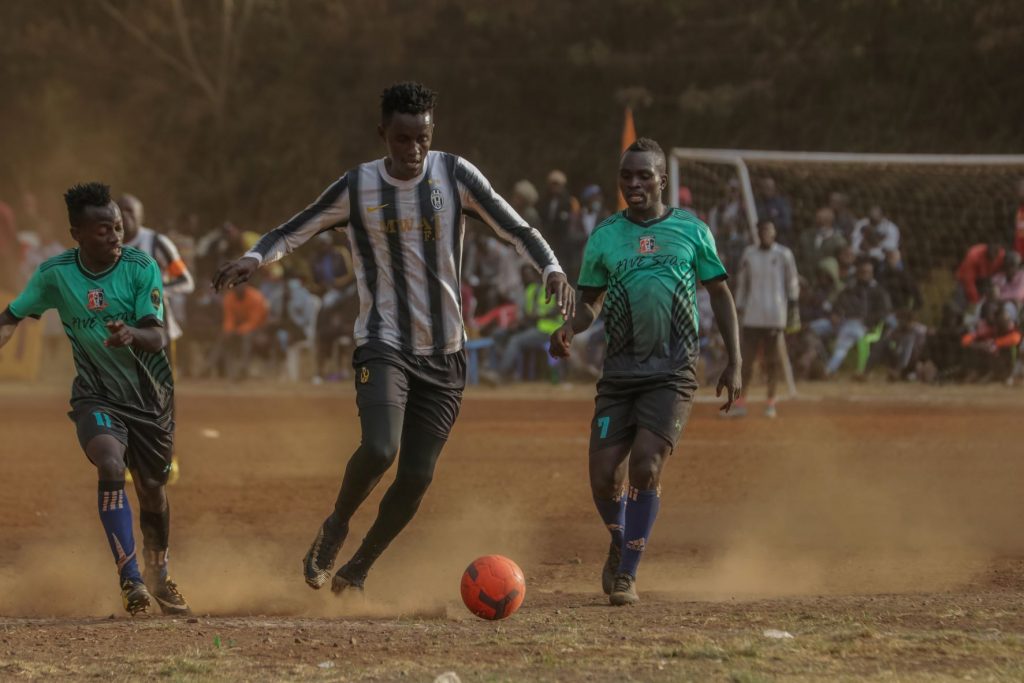
Africa is lacking in quality sports infrastructure
Lastly, a more entrepreneurial mindset must be taught, especially to young people who wish to get involved in the industry. More people should be willing to work and set up businesses outside traditional structures to help build a thriving ecosystem. For example, Africa lags in the area of quality infrastructure where PPPs can play a significant role. However, very few local private entities are exploiting this opportunity. Another area that needs innovation and entrepreneurship skills is in the digital space. We need to develop digital solutions tailored to the African market as opposed to importing technologies. A myriad of opportunities exists if we manage to strengthen the football ecosystem.
The proposed topics for season four of The Africa Football Business Show:
- Strengthening Africa’s Football Ecosystem (SP) 12th August
- The Hypercommercialisation of Football – Which Way for Africa 26th August
- Player Transfers – Understanding Training Compensation and Solidarity Mechanism Payments (SS) 3rd September
- Financing Football Development in Africa 16th September
- Legal Issues in African Football – Curbing Match-fixing 1st October
- Developing Football Coaches in Africa (SS) 14th October
- Legal Issues in African Football – Football Agents 11th November
- Entrepreneurship and Innovation in Football 18th November
- Building the Women’s Game in Africa 25th November
- Piecing together Africa’s Football History (SS) 2nd December
For sponsorship and partnership opportunities contact media@footballfoundation.africa
Headline Speakers

Emeka Enyadike – Director, Digital Sports Africa
Emeka Enyadike is regarded as one of the most trusted voices in African Football, author, analyst, and Sports Media, PR, and Digital expert with top leadership roles in Sports, Sponsorship and the oil and gas industry.
He is Director of Digital Sports Africa and Africa Director of RESULT Sports of Germany and previously held the Africa Football Manager position for SuperSport, DStv Online, DStv Digital Media within the Multichoice Group.
Emeka was CEO of leading Sports PR, Events and Sponsorship Agency, Deportivo Vandyke International, Marketing Director of Sharks Football Club in the Nigeria Premier league, Board Member of both the Rivers State Football Association and Rivers State Basketball Associations. Mr Enyadike was also co-founder of kickoffnigeria.com and Associate Publisher and Editor of Kick Off Football magazine in Nigeria in 2002 with Touchline Media in South Africa. He also founded and edited Nigeria Soccer Weekly Newspaper and Dunk Basketball magazine, Africa’s first Basketball magazine.
An Alumnus of the Business School of the Rivers State University (Nigeria), where he earned his Bachelor’s in Business and Management and also an alumnus of the Euroleague Basketball Institute(EBI) and Ca’Foscari University, Venice (Italy.) Sports MBA (EBI Master in Sports Marketing and Management).
He began his career in the oil & Gas industry with Texaco before joining the Nigeria LNG Gas project consortium of Kellog Brown and Roots – KBR (USA), Technip(France), Snamprogetti (Italy) and the Japan Gas Company (JGC) before he transitioned to Football.

Réda Laraichi – Development Director, African Sports and Creative Institute
Réda Laraichi. After a student-athlete pathway in the US university system (NCAA division 1 Soccer), Mr Laraichi was awarded Sports Management degrees (Bachelor and Masters) in the US, UK, and France. Reda has been a football Agent from 2004 until 2019 and an entrepreneur in the sports and education sector (having built many sports infrastructures in Morocco, offering sports management services to clubs, players and associations throughout Africa, building and managing private schools, sports management professor). Last year, he joined ASCI (African Sports and Creative Institute) as their Development Director.
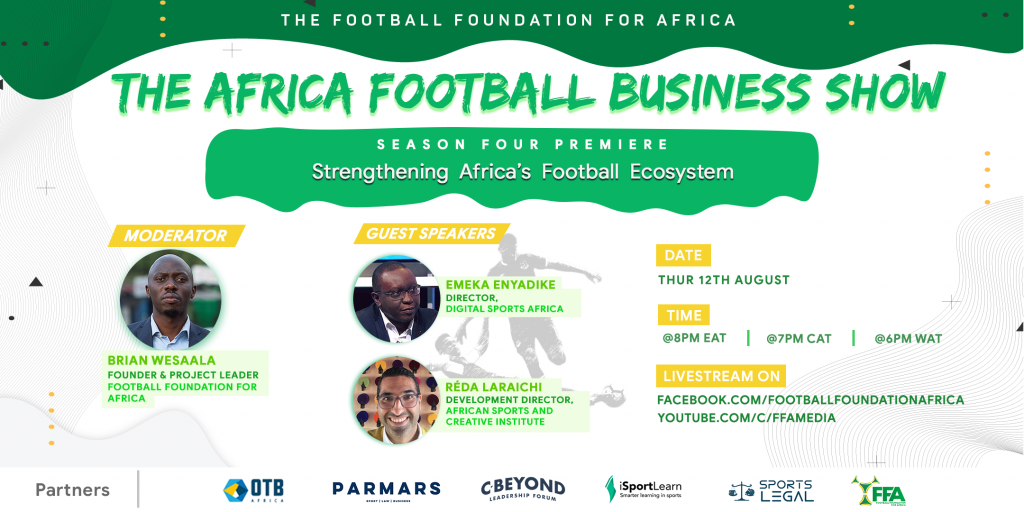
 Back to Blog
Back to Blog 